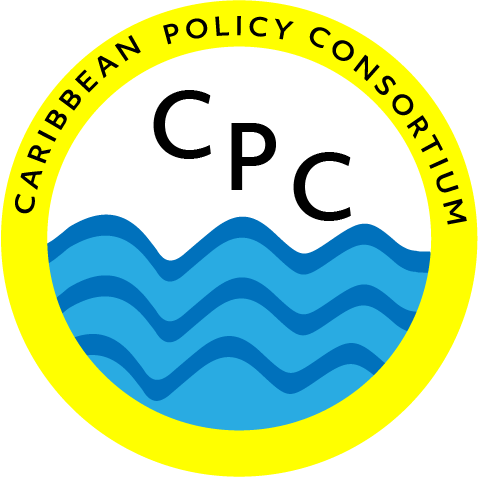Media Advisory
Transforming Guyana, Episode IX: The Agricultural Sector and the Oil & Gas economy
Production of the Guyana Business Journal & Caribbean Policy Consortium.
SPEAKERS
- Terrence Blackman Founder, Guyana Business Journal
- David E. Lewis: VP, Manchester Trade Ltd. Inc. & Co-Chair, Caribbean Policy Consortium
- Arlington Chesney: Former Regional Director, IICA and Executive Director at Caribbean Agricultural Research and Development Institute
- Joel Bhagwandin: Director, SphereX Professional Services | Commissioner, Public Procurement Commission, Guyana
KEY QUOTES
Arlington Chesney:
- “With the proposed refinery and gas-to-shore project we have the ability to produce inputs whether it be fertilizers, pesticides, et cetera and better processing capacity because of cheaper electricity that would be provided.”
- “There is a skill shortage, not a labor shortage, in addition to organizational shortage. Some of us are working with [universities] to see how they could hone their programs to be better able to meet the demands of the oil and gas sector for the region. You have to start putting in place that training capacity, improving the human capacity of the region to be able to provide the skills that are required.”
- “It is to me a little bit unfair to say that Guyana is going to suffer the Dutch disease or the ‘resource curse’ because we have an oil and gas industry that is very organized, very organized in terms of human and financial capital. We have an agriculture sector that at best is disorganized and the traditional senior business people are not directly interested in our agriculture.”
Joel Bhagwandin:
- “It is clearly evident of the fact that the government is making a concerted effort to increase food production, tapping into the regional food market, tying into regional food security, and truthfully speaking you can’t look at the agriculture sector in isolation because it’s interlinked to the other sectors. In order to increase food production or increase the true potential of the agriculture sector, you need to make the necessary investments in the infrastructure. The energy projects are important because when talking about the value-add products, we need cheap energy to achieve that investment.”
- “The government is making tangible investments in the sector; we’ve seen steady increase in the agriculture budget. In terms of leading the region, […] what happened during those days when we as a country was pushing this regional agenda, the rest of the region didn’t see the importance. Now however, against the backdrop of global external shocks and crises, all of this has amplified the need to revisit and escalate this objective of why regional food security and regional energy security are important—all of this goes hand-in-hand together.”
David E. Lewis:
“Guyana regardless of how big and how dominant the oil and gas sector is going to become, beyond the numbers and statistics, what’s going to happen is the rest of the economy needs to continue to live and we need to find ways to get that to leverage.”
Latest Webinars
- Haiti: Moving Beyond the Crisis and U.S. Responses
- Transforming Guyana Season II, Episode 12
- CHALLENGED SOVEREIGNTY: THE IMPACT OF DRUGS, CRIME, TERRORISM AND CYBERTHREATS IN THE CARIBBEAN BY IVELAW LLOYD GRIFFITH
- Caribbean Energy 2024: Prospects, Challenges & Opportunities for Oil-Gas, Renewables and Environment
- Transforming Guyana: Season II, Episode XI, Community Engagement in the Era of Oil & Gas
